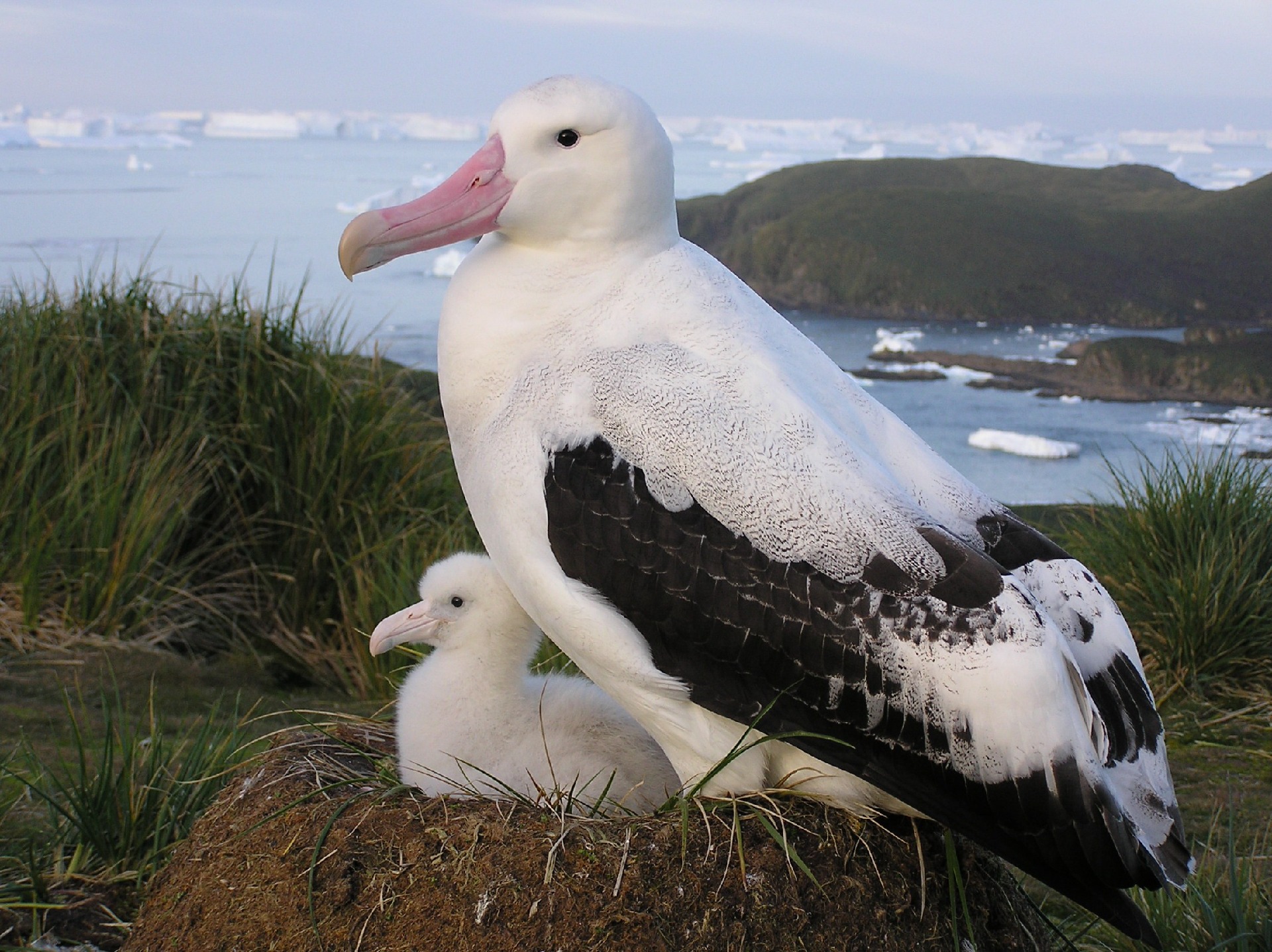BBC Blockbuster Blue Planet II returns
Blue Planet II – the nature documentary that explores the deepest and darkest realms of the world’s oceans – is back on the BBC some 16 years after it was first broadcast.
The much-anticipated series promises to be full of surprises and new discoveries. The footage was captured over four years and involved 125 expeditions to 39 countries, including the UK Overseas Territory of Bird Island, South Georgia.
In addition to focusing on the wonders of life in our oceans, the series will examine the threats. One of the most widespread and damaging of which is plastic pollution. It has been estimated that 75% of all litter in our oceans is plastic.
The final episode of the series (‘Our Planet’ Episode 7) focusses on the people studying our oceans and the wildlife that depend on it. In this episode Lucy Quinn, Zoological Field Assistant at British Antarctic Survey, based on Bird Island, highlights the impact of plastic on wildlife in Antarctica, including the wandering albatross (Diomedea exulans).

Bird Island is one of the richest wildlife sites in the world. The island contains diverse populations of seabirds, and is home to four species of albatross, 50,000 breeding pairs of penguins and 65,000 fur seals. Research at Bird Island Research Station is therefore an important centre for research into bird and seal biology.
Sir David Attenborough, who narrates the Blue Planet II series, describes albatrosses as “marvellous birds” and reveals that his most heartbreaking moment of the series involves a mother albatross and her chick.
He has urged for action on plastics after filming Blue Planet II and says:
“There’s a shot of the young being fed fish and what comes out of the mouth of the beak of the adult? Not sandeels, not fish, not squid – which is what they mostly feed on. It’s plastic and it’s heartbreaking.”
Professor Richard Phillips, seabird ecologist at BAS, says:
“British Antarctic Survey researchers have been monitoring the levels of marine plastics and other man-made items eaten accidentally by seabirds at Bird Island Research Station since 1992. These items are mistaken for natural prey and consumed when the adults are foraging at sea for their chicks. We have observed small but persistent amounts of plastic associated with 12 species of seabirds, but particularly the wandering albatross.”
“Plastic pollution is a global issue, affecting all oceans including the polar regions and with major conservation implications. Our scientists are working alongside collaborators to quantify the level of plastic pollution in the polar regions, where it originates and what effects it is having on the ecosystem. Once we understand the scale of the problem and its impact, we can provide policymakers with the evidence needed to try to bring about change.”